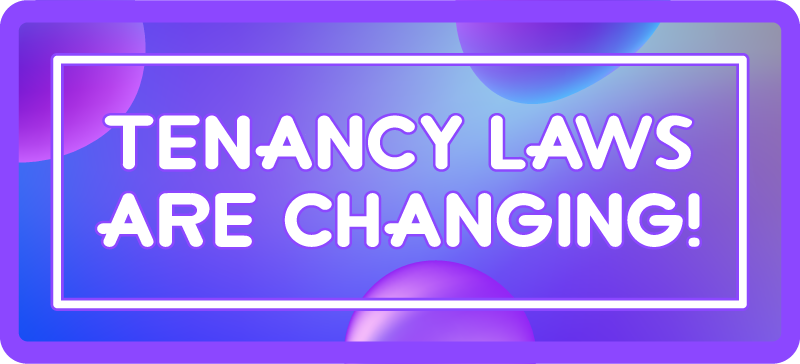Avoiding problems when renting

This is an Aboriginal Tenants' Factsheet. For more general information see Starting a tenancy.
You have moved into your new place. You have signed the papers. You have paid the money.
You have filled in the condition report and have returned it in within 7 days of moving in.
There are some important things about renting that you need to know. Then you can relax and enjoy your new home.
AVOIDING PROBLEMS
When you are renting there are some things that are important to do so that:
- you won’t have problems with the agent or landlord.
- you don’t upset your neighbours.
- you can get your bond back when you leave.
- you can get a good reference when you move out.
IMPORTANT THINGS TO REMEMBER
Always deal in writing (letter or email)
This is important because you need a record. If you have a verbal conversation with the landlord or agent, write down what happened for your records.
Pay your bills on time
You have to pay your rent on time. If you can’t pay on time, discuss it with your landlord or agent as soon as possible.
You need to pay all your other bills on time too, such as electricity and gas. If you’re going to have trouble paying, you should let the company know because they may be able to sort something out for you. For example, you may be able to pay your electricity monthly instead of a big sum every 3 months.
Keep your place in good shape
- Keep it in good shape, both inside and out.
- You should not damage your place, or let other people damage your place. You might get the blame and then have to pay to fix the damage. If your place gets damaged, tell the landlord or housing office straight away.
- When repairs are needed let your landlord or agent or housing office know as soon as possible.
- Don’t do anything illegal in your place.
Don’t make a lot of noise
You must not disturb your neighbours. Your neighbours have the right to peace, comfort and privacy.
Tell the landlord or agent if someone moves in with you
Your rental agreement usually sets out the maximum number of people that you are allowed to have occupying the premises. If you have more than that number occupying the premises, the landlord may be able to take action against you for breach of the agreement.
There is nothing to stop you from having visitors over from time-to-time.
You should not sublet your premises without the written consent of the landlord.
You need to talk to the landlord or agent if you want to transfer your tenancy to someone else – there may be difficulties if you have a fixed-term agreement (until a particular date).
Don’t make any changes to the place – ask first
- Don’t change the locks. If you urgently need to change the locks you should still ask the landlord or agent first. Get them to say OK in writing if you can.
- You have to ask the landlord if you want to paint the walls or make other changes. They need to say OK in writing.
Give notice in writing before you move out
Before you move out, you have to tell:
- the agent or landlord, or
- DCJ Housing, or
- the Aboriginal Housing Office.
Call your local Tenants Advice and Advocacy Service if you are not sure how much notice to give.
Tell DCJ Housing or the Aboriginal Housing Office about visitors staying
For DCJ Housing or Aboriginal Housing Office renters – your friends or family must not stay with you for longer than 6 weeks. You have to tell DCJ Housing or the Aboriginal Housing Office if they stay longer. It might affect the amount of rent you have to pay.
KEEP YOUR PAPERS IN A SAFE PLACE
Put all these papers away together so you can find them if you need them:
- your rent receipts, so no-one can say you haven’t paid your rent
- the rental agreement
- the condition report
- the bond advice slip and bond receipt
- any letters or emails you send to the agent or landlord
- any letters or emails the agent or landlord sends to you.
NEED SOME HELP?
Call your local Aboriginal Tenants' Advice and Advocacy Service for free advice. Find your service here.
Last updated April 2020



